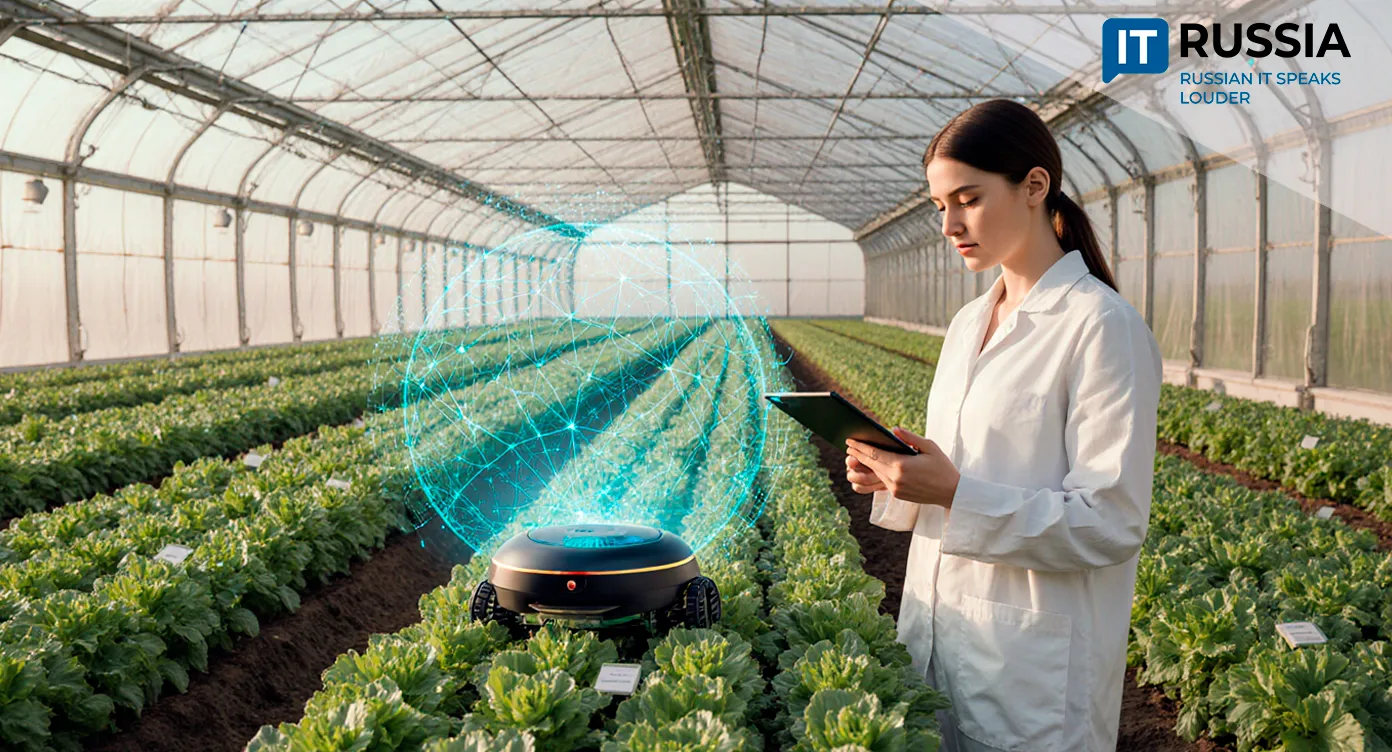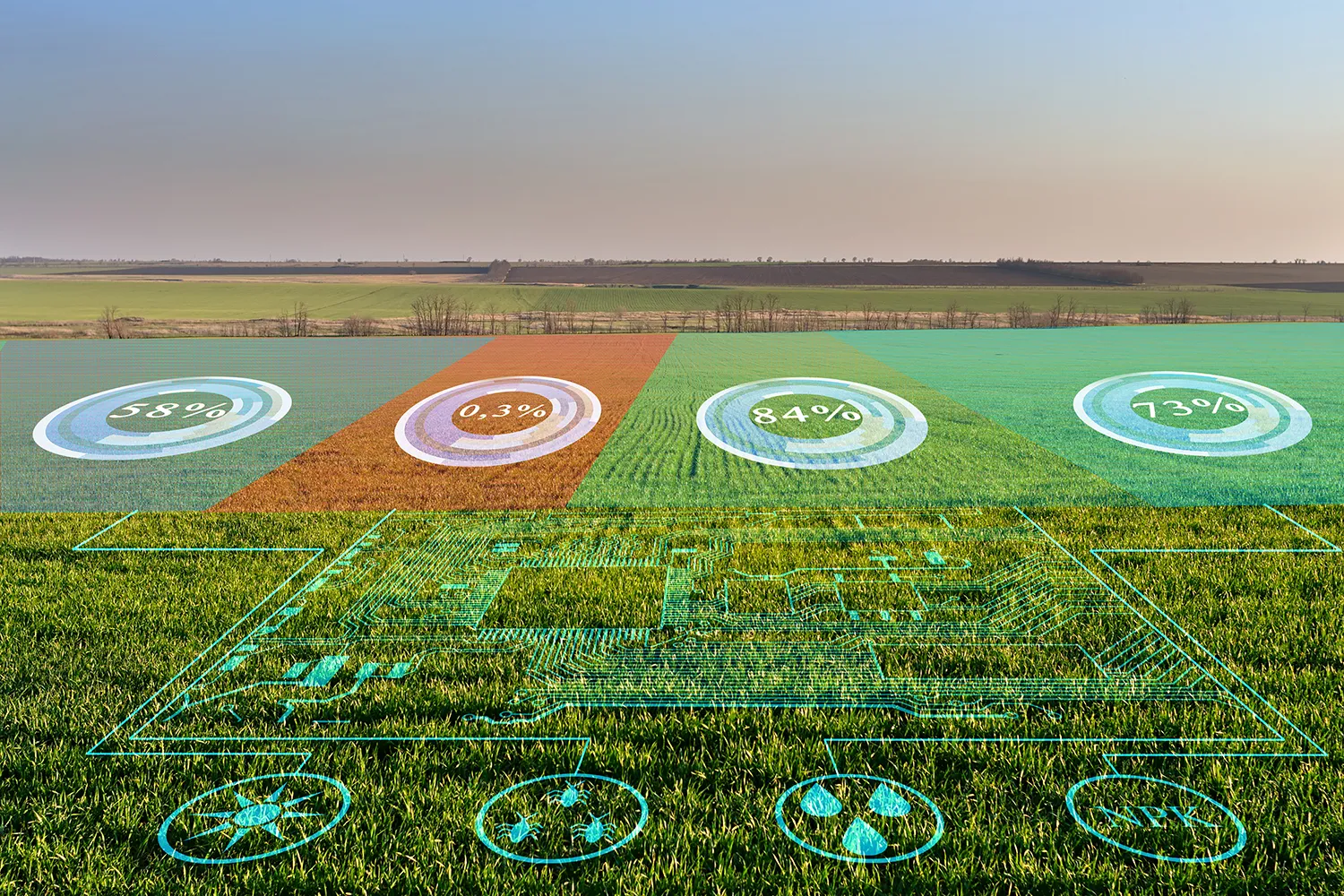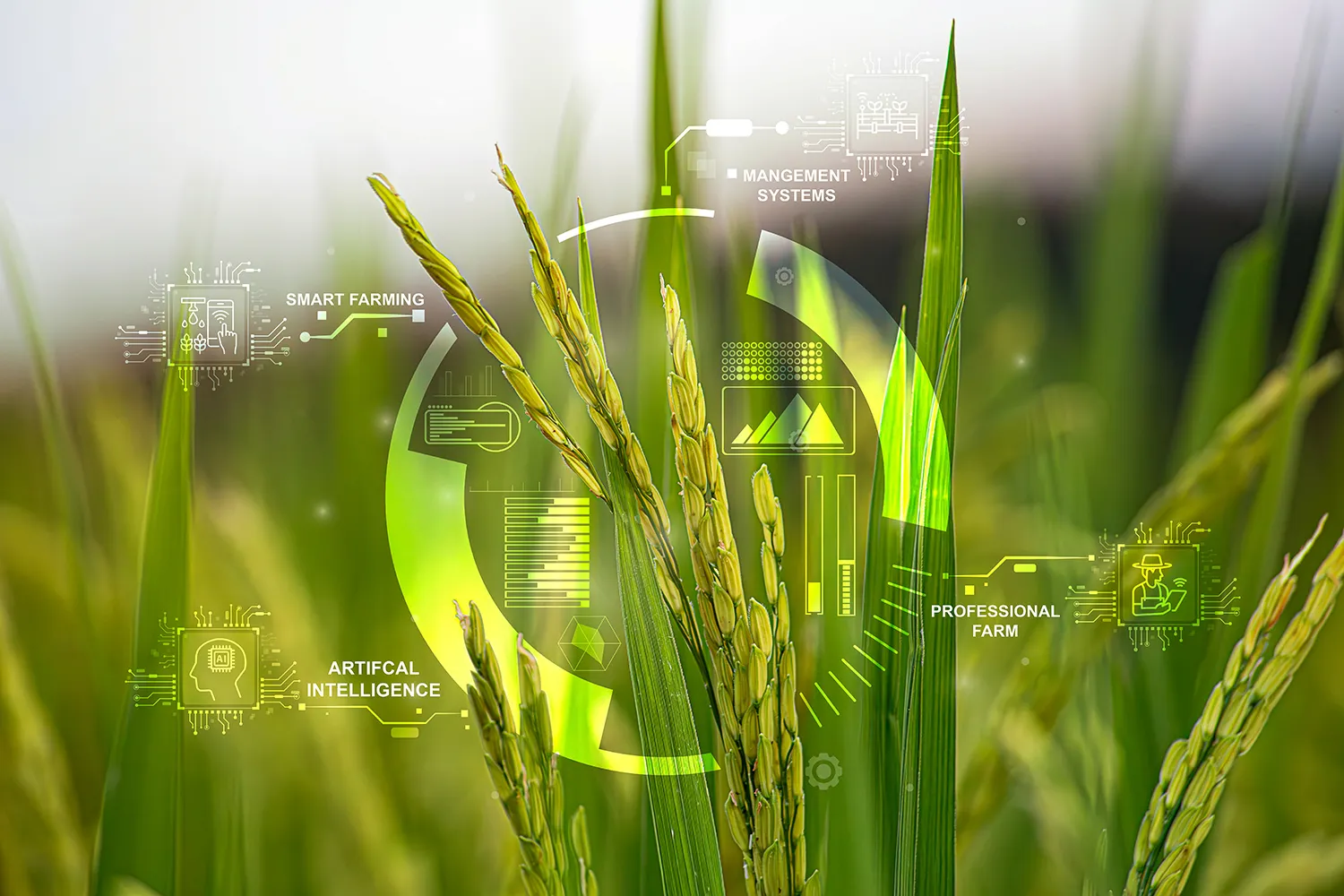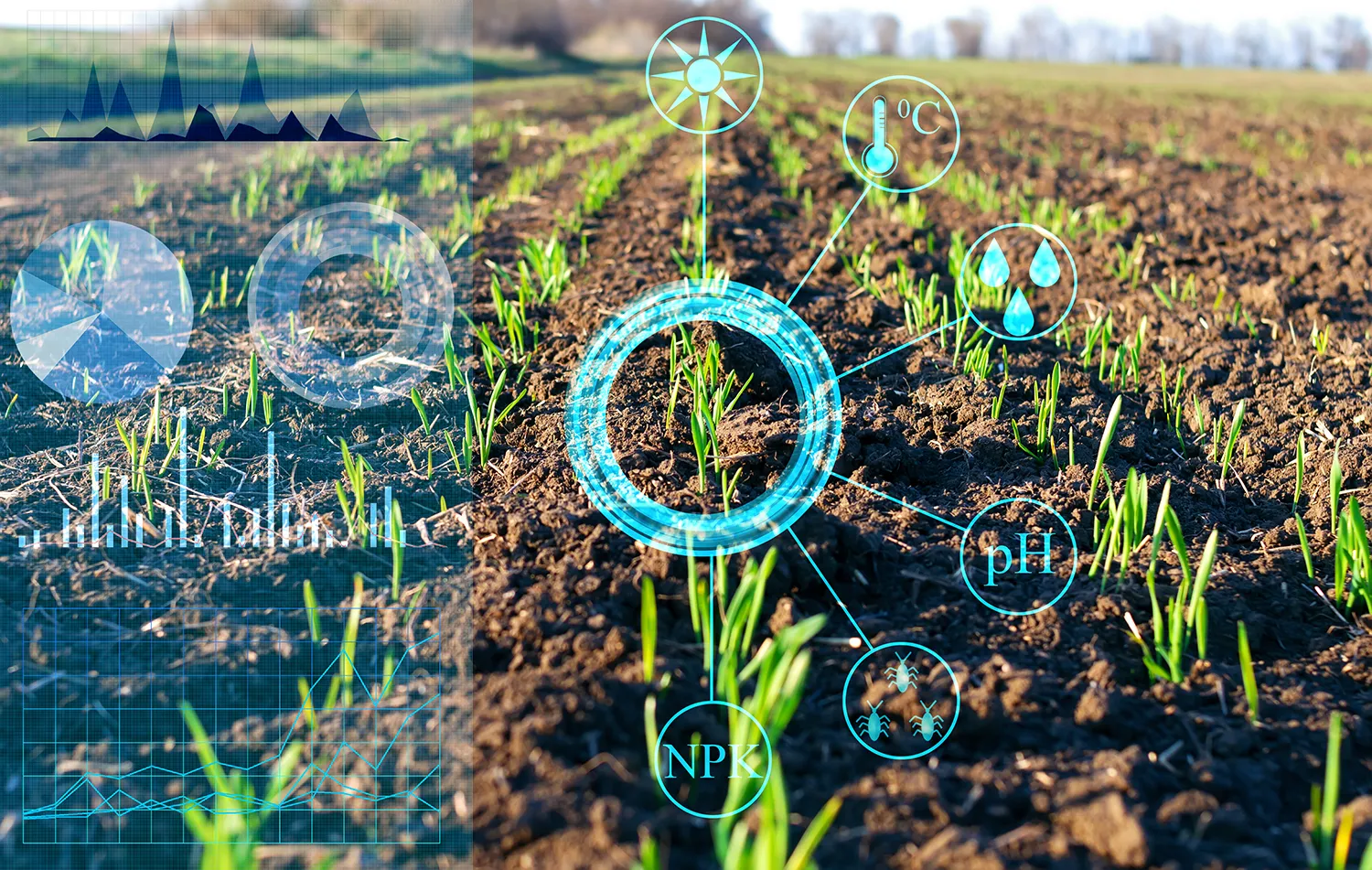Smart Portal to Predict Harvests: A Boost for Russian Farmers

A new AI-powered web portal is set to help optimize business processes and production planning in Russian greenhouse complexes.
AI in Service of Greenhouses
One of the key challenges in agriculture is crop predictability. Reliable forecasts enable farmers to plan production volumes and make more efficient investment decisions.
A solution for greenhouse farming has been proposed by Ilya Kurbatov, a graduate student at the Institute of Engineering and Technology at Khakass State University. He developed a web portal for online monitoring of greenhouse operations and predicting crop growth.
The project, called 'Teplichki' (Greenhouses), provides around-the-clock (24/7) monitoring. The system is designed to optimize agronomic data management by collecting and integrating information on temperature, humidity, lighting, and other microclimate factors, as well as data on plant growth and disease occurrence.

A Helping Hand for Farmers
Artificial intelligence algorithms analyze the gathered data, comparing historical and current records to predict yields under different scenarios. This allows agronomists to adjust cultivation conditions in real time, influence plant development and yields, and plan resources accordingly.
The interface also provides interactive maps of greenhouse conditions, plant disease reports, and recommendations for agronomic practices. Its technological backbone includes sensors and equipment for automated data collection, which is then processed by neural networks to detect anomalies.
The system is intended for operators, agronomists, and greenhouse managers, helping them coordinate their work. With this tool, farmers can accurately assess crop conditions, forecast harvests, and respond quickly to changing circumstances.
From Student Startup to Industry Tool
The project came to life thanks to the fifth All-Russian 'Student Startup' competition. In 2024, Ilya Kurbatov, then a graduate student at Khakass State University, won the competition and received 1 million rubles (about 11,000 USD) in funding to implement his idea.
The competition was held under the federal program 'Platform for University Technological Entrepreneurship.' Kurbatov’s work was developed in the 'Digital Technologies' track.
“His research has an applied character and is in demand in our region,” said Inna Yanchenko, PhD in Pedagogical Sciences and Head of the Department of Software Engineering and Automated Systems at Khakass State University.

The Future of Smart Greenhouses
The next stage of development envisions integration with meteorological databases and agritech IoT sensors, making the system scalable for comprehensive agricultural ecosystems. Adding Russian-made robots for greenhouse servicing could bring near-total automation to greenhouse complexes, creating truly smart farms.
Such innovation has already been demonstrated by students from the Russian State Agrarian University – Timiryazev Academy. Egor Kainov and Pavel Voronkov developed a robot named 'Vavilov,' after the renowned Russian geneticist and botanist Nikolai Vavilov. The robot continuously patrols greenhouses, autonomously moving on a mobile platform and inspecting plants for signs of disease on leaves and fruits. Once a problem is detected, the data is immediately transmitted to the analytical system.
These combined solutions lay the foundation for agricultural robotics and AI integration in greenhouse farming.

Exporting Smart Greenhouse Solutions
AI-based greenhouse complexes using machine learning algorithms can be adapted to different agro-climatic conditions across Russia and abroad. They are particularly promising for developing countries with a shortage of agronomists, especially in the Global South.
Integrating the platform into international greenhouses would expand its functionality, covering more crop types, service systems, and AI analytics. The result is optimized resource use and significantly higher yields, supporting sustainable food production and strengthening global food security.










































